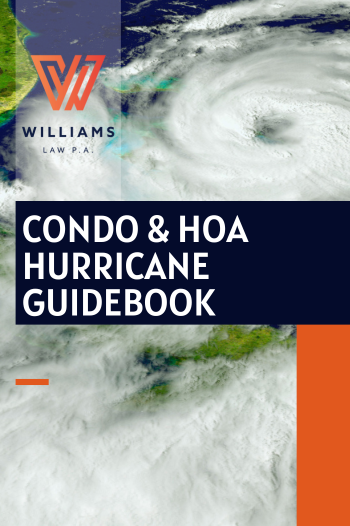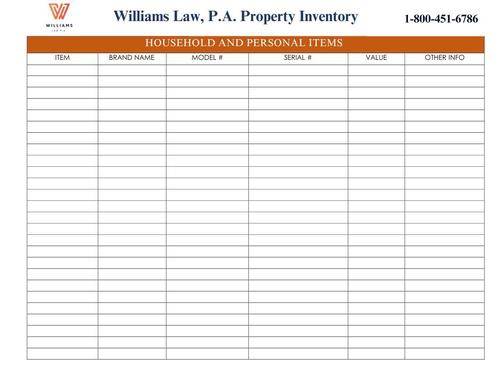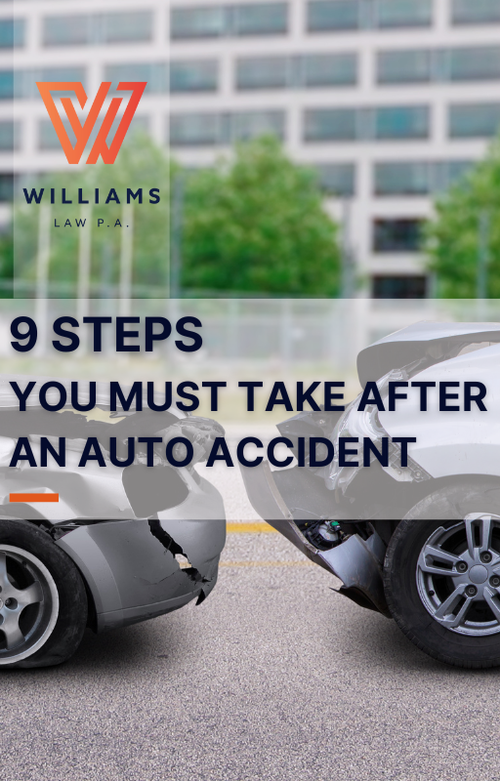Every year, people end up in the hospital from preventable holiday-related accidents. By prioritizing your safety this holiday season, avoid painful personal injuries, expensive hospital bills, and a Christmas or New Year’s spent in the emergency room. Take a proactive approach to security and enjoy your holidays free from injury. Contact our Florida personal injury lawyers to discuss a potential case if an accident occurs.
Here Are Some Tips to Help You Keep Your Home Safe and Avoid Having to File a Home Insurance Claim
- Secure Your Home: Securely lock all doors and windows before leaving for holiday gatherings or vacations. Use deadbolt locks and consider installing a security system if you don't have one.
- Fire Safety: Be cautious with holiday decorations, especially if they involve lights or candles. Ensure that all decorations are fire-resistant and keep them away from heat sources. Turn off decorative lights and blow out candles before leaving or going to bed.
- Water Damage Prevention: Check your home for leaks or potential water damage before the holiday. Repair any leaks, especially in the roof or around windows. Keep the home well-insulated to prevent frozen pipes during winter.
- Electrical Safety: Avoid overloading electrical outlets with holiday lights and decorations. Use extension cords sparingly, and don't run them under carpets or rugs. Unplug lights and decorations when you leave the house or go to bed.
- Burglar Deterrents: Make your home appear occupied even when you're away. Use timers to turn lights on and off and ask a neighbor or friend to collect mail and packages. Avoid announcing your travel plans on social media.
- Proper Disposal of Wrapping Paper: Do not burn wrapping paper in the fireplace; it can cause intense flames and release harmful chemicals. Dispose of wrapping paper properly in the trash.
- Smoke Alarms and Carbon Monoxide Detectors: Ensure that smoke alarms and carbon monoxide detectors are in working order. Test them regularly and replace batteries if needed.
- Cooking Safety: Be attentive in the kitchen, especially when cooking holiday meals. Keep flammable items away from the stove, and never leave cooking unattended.
- Childproofing: If you have young children visiting, childproof your home by securing cabinets, keeping small objects out of reach, and covering electrical outlets.
Florida Holiday Traffic Tips
More people traveling home for the holidays means busier roads and highways. Our Florida car accident lawyers also know this time of year means a higher chance of car accidents. Give yourself plenty of time to get to your final destination. Do not speed, tailgate, or let the traffic frustrate you. If you are heading somewhere colder than Florida, check the weather at your final destination and prepare accordingly. Driving in the snow, for example, may involve changing your tires or renting a different vehicle. Planning for traffic and weather can help keep you safe.
On average, 482 people die in motor vehicle accidents in Florida during Thanksgiving. Christmas is the fifth deadliest holiday of the year in Florida. On average, 327 people die each year in Florida car accidents during Christmas, according to car accident data collected by the FLHSMV.
- Never drive impaired. Celebrate responsibly, and do not get behind the wheel if you have been drinking or taking drugs that cause impairment. Plan and find a safe way home every time. Designate a driver or use a ride service.
- Check your tires. Tires are a vehicle’s first line of defense on the road. Check your tire pressure, tread depth, and spare tire before long trips. Do not overload your vehicle. It can result in premature wear and tire blowouts.
- Buckle up. A seat belt is your vehicle’s most important safety feature. Florida law requires that all drivers, all front-seat passengers, and all passengers under 18 wear seat belts or the appropriate car seats.
- Register or update your Emergency Contact Information. ECI is a secure system allowing law enforcement nationwide to contact designated family or friends in response to an emergency.
- Observe and obey all speed limits. Speed limits may change as you drive through different roadways, so adjust your speed accordingly. In Florida, the limit will never be over 70 mph.
Decorate Without Disaster
Many ER visits during the holidays arise from dangerous holiday decorations or decorating habits. For example, unsafe ladders, walking on the roof, and cords in walkways are severe fall hazards. When decorating for Thanksgiving, Christmas, Hanukah, or New Year’s, pay attention to safety. Use these tips:
-
Choose an artificial tree instead of a real one for fire safety.
-
Keep a real tree properly watered to avoid it drying out.
-
Do not let children around lights or small decorations.
-
Do not decorate with real candles or open flames.
-
Keep decorations away from fireplaces.
-
Check your cords for damage, cracks, or broken sockets.
-
Use a ladder or step stool, not furniture, to hang lights or ornaments
Fire hazards are the most common reasons holiday decorating ends in disaster. Help prevent house fires by using the right lights for outdoors vs. indoors, double-checking the condition of your cords, keeping décor away from ovens and other heat sources, and practicing Christmas tree safety.
Check Your (Recall) List Twice
Buying safe products for your loved ones this holiday season may take checking the national recall list before purchasing. Almost daily, the Consumer Product Safety Commission (CPSC) adds new items to the list that contain dangerous defects or design flaws that could potentially injure consumers. This list includes ATVs, children’s toys, clothing, infant carriers, home décor, tools and appliances, space heaters, nightlights, and dozens of other products. Browse the list or search for a specific item to check for safety recalls.
It is essential to keep up with recalls on children’s toys around the holidays. It can be easy to purchase a toy for a child without realizing that it contains choking, drowning, suffocation, electric shock, or other serious hazard for kids due to a manufacturing or marketing defect. Before you shop for the children in your family, research the toys you wish to purchase to ensure their safety.
Has Your Home Insurance Company Denied or Undervalued Your Property Damage Claim in Florida?
If your insurance company is dragging its feet regarding your property damage claim, you should speak with an experienced insurance claim lawyer as soon as possible. Please get in touch with us online or call our Florida law office at 800.451.6786 to schedule your free consultation. We help Florida residents like you fight the big insurance companies who fail to abide by their policies. Remember, we work on a contingent basis, meaning you don't pay us anything until we win your case.





